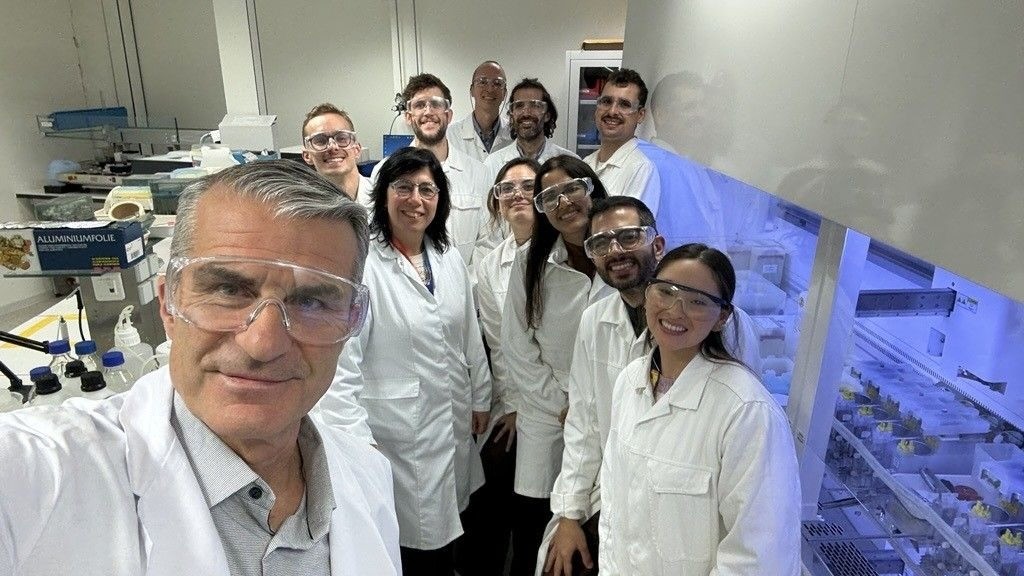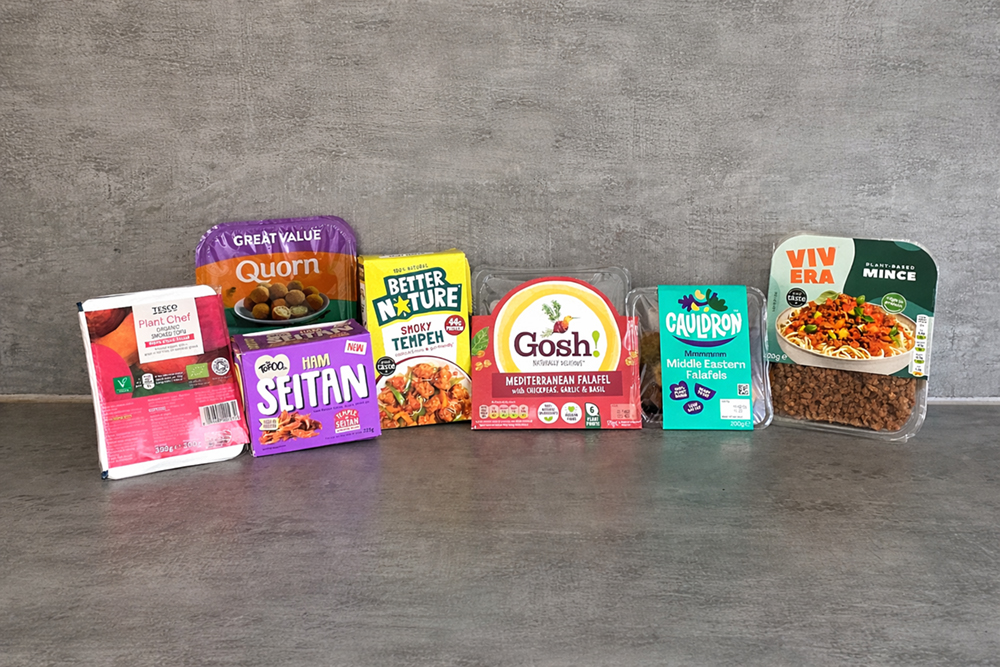

Study reveals how Americans really reacted to cultivated meat at UPSIDE Foods' first public tasting
In late June 2024, just days before Florida’s statewide ban on cultivated meat would take effect, UPSIDE Foods staged a high-profile public tasting of its cultivated chicken in Miami. While the company framed the event as a last chance for Floridians to try the federally approved product, it also provided a rare opportunity for researchers to study how real-world consumers respond to cultivated meat outside of surveys, lab settings, or hypothetical experiments.
The result is the first ethnographic study, published in Nature on 4 June 2025, of a public cultivated meat tasting, recently published in npj Science of Food, offering unusually rich insight into how consumers process not just the taste and texture of cultivated meat, but its ethical implications, political associations, and symbolic meaning.
The study – authored by Suzannah Gerber, Hyeryeon Bae, Isabella Ramirez, and Sean B. Cash – focuses on the 'Freedom of Food Pop-Up' event, held on a rooftop in Miami’s arts district and styled like an upscale launch party. Attendees passed velvet ropes and security guards before entering a vibrant, tropical-themed venue complete with a curated buffet, open bars, and live cooking demonstrations. But the main attraction – UPSIDE’s cultivated chicken tostada, prepared by local chef Mika Leon – was held back until well into the evening, building anticipation among the roughly 100 attendees.
According to the Tufts University researchers, about 30% of attendees appeared to be unaffiliated members of the public. Nineteen of them agreed to be interviewed for the study, which also drew on field notes, media coverage, social media posts, and promotional material from the company.
What emerged from these interviews was not just feedback on the taste and appearance of the food, but a layered portrait of how cultivated meat is received in a politically polarized and ethically divided food landscape.
Many guests described being motivated to attend because of a desire to support innovation, reduce animal suffering, or reject what they viewed as government overreach. Some were self-described vegans or vegetarians, others meat-eaters curious about alternatives. But regardless of dietary background or political affiliation, nearly all expressed frustration with Florida’s decision to ban cultivated meat – a move they described as anti-consumer, anti-innovation, or un-American.
“I support innovation and I’m usually a big DeSantis supporter. But I don’t support him on this,” one attendee told researchers. “I would vote against the ban.”
Others echoed the sentiment that bans should be reserved for demonstrable health risks, not political maneuvering. “This isn’t Four Loko,” said another. “There’s no science behind the ban. It’s nonsense.”
These responses reveal what the authors call a 'Consumer Freedom Theory' – the idea that access to cultivated meat has become a symbolic stand-in for broader debates about liberty, regulation, and the role of government in the marketplace. Interestingly, this view cut across ideological lines. While some guests identified as Democrats, Republicans, or Libertarians, nearly all agreed that cultivated meat should not be blocked at the state level if it has already cleared federal regulatory hurdles.
The event also highlighted a second theme the researchers termed 'Ethical Consumption Theory'. Many attendees arrived with the belief that cultivated meat is more sustainable and humane than conventional meat. Some cited environmental benefits, others animal welfare, and a few praised the technology’s potential to preserve meat-eating traditions without slaughter.
Yet these ethical assumptions were tested in real time. When several attendees learned during the event that UPSIDE’s product was made using fetal bovine serum – an animal-derived growth medium – they felt misled. One attendee, a vegan, said they would not have tried the food had they known. “We feel duped,” they said. “I couldn’t give informed consent to try the food.”
These moments of reversal underscore what the authors describe as a key vulnerability for the industry: the need for greater transparency. Without clear communication about how cultivated meat is made – including ingredients and production methods – even enthusiastic consumers may walk away feeling uncertain or mistrustful.
Taste and texture were also central to how people responded. While some praised the cultivated chicken for its flavor or meat-like grain, others found the texture rubbery or indistinct. “It tasted more like a fish fillet,” one person said. Others compared it to plant-based meat alternatives, with mixed verdicts. Several mentioned that the heavy seasoning in the tostadas made it difficult to assess the meat on its own.
One recurring theme was a desire to try the product in more familiar formats – grilled, in a sandwich, or at home. “They should give some samples that people can take home to try,” said one attendee. The curated dish and professional chef were seen as both a strength and a limitation: while they elevated the experience, they also obscured the baseline qualities of the meat itself.
Still, the event appears to have served its primary purpose: sparking curiosity, generating conversation, and offering people a shared experience around a novel food. “I didn’t think anyone else was interested in cultivated meat in Miami,” said one attendee. Another observed that seeing a diverse crowd gave them hope for broader acceptance.
The researchers suggest that this kind of public, voluntary, and socially complex tasting event offers a more realistic picture of consumer behavior than tightly controlled lab studies or online surveys. Social dynamics were particularly salient. Many attendees paid close attention to how others were reacting, and in dyads – like couples or parent-child pairs – reactions often aligned, suggesting co-created interpretations.
The study concludes that cultivated meat is still far from achieving mainstream acceptance, but that consumers are open to it – especially if it meets their sensory expectations, aligns with their values, and is transparently marketed. It also shows that the public is hungry for more opportunities to encounter the product firsthand, outside of elite restaurants or industry showcases.
In short, what happened on that Miami rooftop was more than a food tasting. It was a live case study in the social construction of food value – and now, a data-rich reference point for how cultivated meat might move from curiosity to credibility.
If you have any questions or would like to get in touch with us, please email info@futureofproteinproduction.com

.png)






